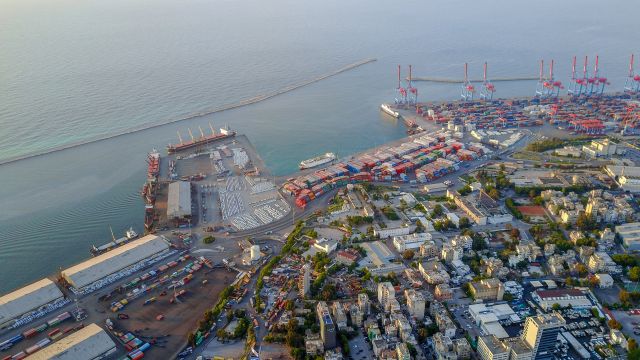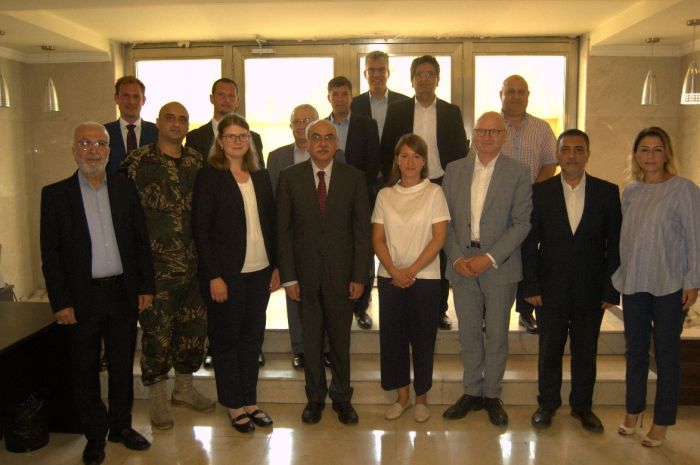
Supporting Lebanon for a safe management of radiation sources
The loss of control of disused sealed radioactive sources has led to incidents worldwide in recent decades, some of which have caused serious damage to health and even fatalities. To protect people and the environment from the harmful effects of ionising radiation during the use of other radioactive substances, the International Atomic Energy Agency has therefore introduced administrative and technical safety and security principles. These principles are to be taken into account in the project work in addition to the requirements of the Lebanese regulatory framework regarding radiation protection and the security of radioactive substances.
According to official information, most of the radioactive waste is radioactively contaminated material that was seized, among other things, during the inspection and control of scrap metal transports in ports of the Lebanese Republic. The radioactive waste is supposed to originates from destroyed medical facilities and from the oil and gas industry.
Consequence analyses and storage concept
The waste is currently stored on the premises of the Lebanese Atomic Energy Commission (LAEC) in Beirut, smaller quantities in the ports of Beirut and Tripoli. After an initial inventory, the main purpose of the project is preparing consequence analyses in cooperation with the Lebanese supervisory authority and reviewing the current storage concept.
Consequence analyses include forecasts on what future transport and storage capacities will be needed or what requirements will arise for these and for the retrieval of the radioactive material with regard to radiation protection and security. Subsequently, it is examined whether the existing storage facilities at LAEC meet these requirements, can be upgraded with appropriate measures or whether a new storage facility must be built.

Project highlights Storage

GRS scientists have dealt with this issue as part of a research project which not only comprised investigations regarding storage casks but also studies of fuel assembly behaviour.